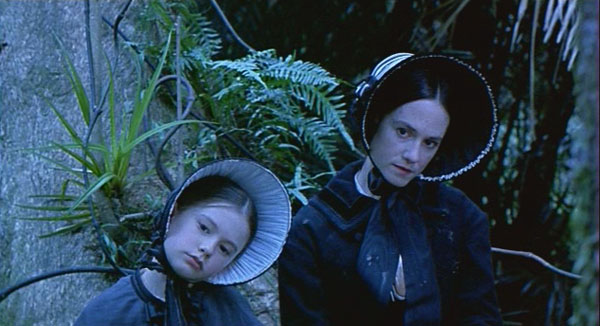
Good Morning. I hope you had a brilliant break. I'm so sorry but I can't be in. I have a horrible back injury and look like the 'Hunchback of Notredame'. Nothing too unusual in that I know, but with my added drowsy and dopey disposition from the drugs I'm on, I'm not looking or feeling great. I'm afraid it's a day of watching 'Kyle's children' and blogging for me! For you on the other hand it's WORK, WORK, WORK! Of course, your day will begin with the sixth-form photo and I hope all the glad-rags will come out for the occasion. After that, I'd like you to do the following in my lesson time:
Period 1 and 2 - Year 12 Media
1. Please create a brand new 'Blog' in blogspot for Media REVISION and all case-study work for the new topic on 'Institutions and Audiences'.
2. Check out my blog first posting 'G322 Institutions and Audiences Working Title Films Case Study' and familiarise yourself with the question expectations.
3. Complete the activity and analyse the two trailers for the boat that Rocked. Look at the American and British versions and on your new blog answer the following questions: Can you tell which one is for which audience? What are the differences? What does this tell us about audiences and institutions?
4. Classwork and homework: undertake detailed research into 'Working Title Films' and produce an A3 INSTITUTION mind-map that shows consolidated evidence of your research with branches on:
Company History
Institutional Profile
Genre
Messages and Values Working Title Films communicate about Britishness
Success in Britain and America
Here are some sites to help:
http://blogs.warwick.ac.uk/michaelwalford/entry/working_title_history/
Year 13 Film: Periods 3/4
1. AS A MATTER OF URGENCY I NEED YOU TO PLEASE ADD A FRAME (BLACK WITH WHITE TEXT) BEFORE YOUR SHORT FILMS THAT GIVES THE FOLLOWING INFORMATION FOR THE EXAMINER:
1. SHORT FILM TITLE
2. CANDIDATE NAMES AND CANDIDATE NUMBERS
NOTHING FANCY-MANCY. JUST SIMPLE.
When complete, please tell Gerry and give him this information along with the computer you used and whether you used Final Cut or i-movie. Thank you. Burn a copy to DVD for you and DO NOT FILM OVER YOUR ROUGH FOOTAGE ON YOUR DV TAPES.
NEXT IN CLASS AND HOMEWORK FOR MONDAY:
1. Please read my most recent posting 'Some Useful Notes on The Piano' and read the posting.
2. Complete this exercise is pairs and post your results on your blogs
Try to map out the oppositions you think might be relevant for middle-class men and women in Victorian society. Which qualities would be expected from men rather than women etc.?
What other binary oppositions can you identify in The Piano?
What binary oppositions can you identity in Tomb Raider and Thelma and Louise?
Good luck. Have Fun. See you soon x




















